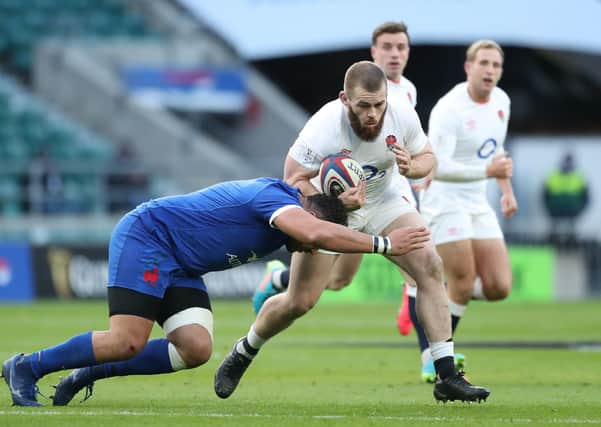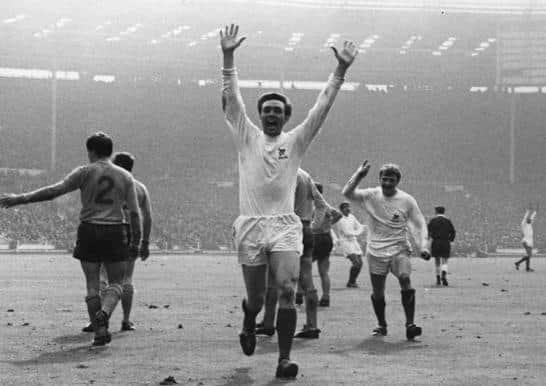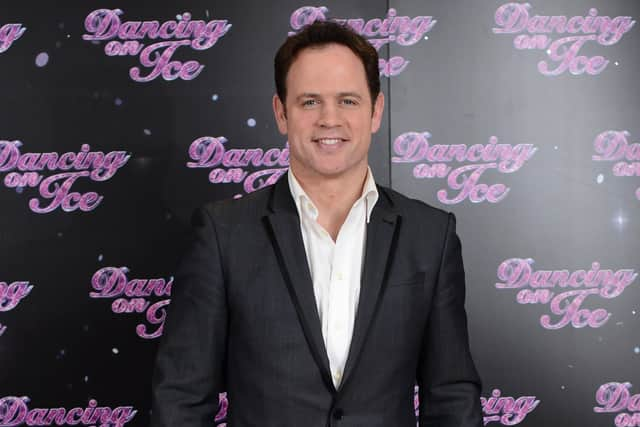‘Rapid action’ over concussion injuries in sport urgently needed says DCMS inquiry


One of the Department of Digital, Culture, Media and Sport Committee’s key findings was there was no overall responsibility within sporting organisational structures to mandate minimum standards for concussion and head trauma or to assess whether protocols are followed.
In a damning report published today, it says urgent action is needed by Government and sporting bodies to address a long-term failure to reduce the risks of brain injury in sport.
Advertisement
Hide AdAdvertisement
Hide AdDCMS Committee Chair Julian Knight MP said: “We’ve been shocked by evidence from athletes who suffered head trauma, putting their future health on the line in the interests of achieving sporting success for the UK. What is astounding is that when it comes to reducing the risks of brain injury, sport has been allowed to mark its own homework.
“The Health and Safety Executive is responsible by law.
“However, risk management appears to have been delegated to the National Governing Bodies, such as the FA. That is a dereliction of duty which must change. The failure by these sporting organisations to address the issue of acquired brain injury is compounded by a lack of action by Government.
“Too often it has failed to take action on player welfare and instead relied on unaccountable sporting bodies.
“As concerning is grassroots sport with mass participation where we’ve found negligible effort to track brain injuries and monitor long-term impacts.”


Advertisement
Hide AdAdvertisement
Hide AdIn its recommendations, it said the Health and Safety Executive should work with National Governing Bodies of all sports – such as the FA, RFU, ECB and RFL – to establish a national framework for the reporting of sporting injuries.
It advised UK Sport should take a governance role in assuring that all sports it funds raise awareness on the dangers of concussion effectively.
Furthermore, it said UK Sport should also pay for a medical officer at every major sporting event with responsibility to ensure the safety of participants and the power to prevent athletes at risk from competing.
In football, MPs found a lack of engagement with the issue of concussion despite a coroner’s court verdict nearly 20 years ago that dementia suffered by player Jeff Astle was entirely consistent with heading a ball.


In rugby, concussion protocols have advanced significantly.
Advertisement
Hide AdAdvertisement
Hide AdHowever, in union, it is clear there are still many worrying issues when the six-stage return to play protocol recently allowed England hooker Luke Cowan-Dickie to represent the British Lions just seven days after being knocked out playing for Exeter Chiefs in the Premiership final.
Former England scrum-half Kyran Bracken is part of Progressive Rugby, the lobby group of former players, coaches and medics for a safer game.
He gave evidence to the committee. Bracken last night told The Yorkshire Post: “In rugby, where we’re seen as some sort of pioneers (with protocols), we’re actually more like amateurs and that’s been noted by Parliament.
“We’re actually at that stage now where other bodies are going to have to get more involved in these protocols.
Advertisement
Hide AdAdvertisement
Hide Ad“(It is good) to have it re-enforced that something is not quite right. I feel like someone on a lobby group where you know something is unsafe; you can’t prove it and can only prove it when rugby players have died and we can see head injuries are an issue. But if you can’t prove it, it’s a bit like the tobacco industry; you’ll have to wait the best part of ten years to prove things.
“At least now they recognise the problem – but at what stage will World Rugby be told by the Executive to make change?”
Comment Guidelines
National World encourages reader discussion on our stories. User feedback, insights and back-and-forth exchanges add a rich layer of context to reporting. Please review our Community Guidelines before commenting.